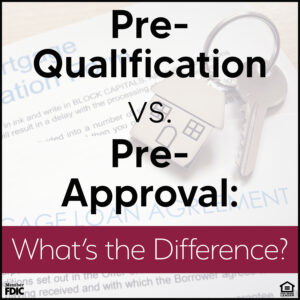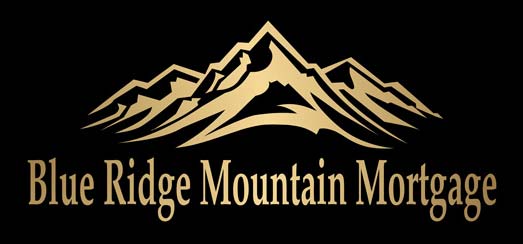
Understanding the Difference: Mortgage Pre-Approval vs. Prequalification
Introduction: In the journey towards homeownership, navigating the mortgage process can be both exciting and overwhelming. As you embark on this significant financial endeavor, it’s crucial to understand the distinction between two key terms: mortgage pre-approval and prequalification. Both play pivotal roles in the home buying process, yet they serve different purposes. In this blog post, Blue Ridge Mountain Mortgage will delve into the nuances of mortgage pre-approval and prequalification, helping you make informed decisions on your path to securing a home loan.
Mortgage Prequalification: A Preliminary Assessment
Mortgage prequalification is often the first step in the mortgage application process. It involves a basic evaluation of your financial health based on information provided by you, such as income, debts, and assets. The lender uses this information to estimate the loan amount for which you might qualify. Prequalification is typically a quick and informal process, and it doesn’t require a detailed analysis of your credit report.
While prequalification provides a general idea of your homebuying budget, it is important to note that it is not a commitment from the lender to provide a loan. It serves as a preliminary assessment and is a helpful tool for understanding your financial readiness to enter the housing market.
1. Mortgage Pre-Approval: A Comprehensive Analysis
Mortgage pre-approval, on the other hand, is a more thorough and formal process. It involves a comprehensive evaluation of your financial background, including a detailed review of your credit history, income, employment status, and debt-to-income ratio. The lender uses this information to issue a written commitment, stating the specific loan amount you are approved for.
A mortgage pre-approval is a more powerful tool when house hunting. It demonstrates to sellers that you are a serious and qualified buyer, potentially giving you a competitive edge in a competitive real estate market. It also provides you with a clear understanding of your budget and helps streamline the closing process once you find your dream home.
2. Key Differences and Advantages
· Credibility: Pre-approval carries more weight with sellers as it signifies that your financial background has undergone a thorough examination.
· Budget Accuracy: While prequalification provides an estimate, pre-approval gives you a precise loan amount, helping you focus on homes within your budget.
· Speed of Closing: Having a pre-approved mortgage can expedite the closing process, making your offer more attractive to sellers.
Conclusion: The Importance of Being Prepared
In summary, both mortgage pre-qualification and pre-approval are essential steps in the homebuying journey. Prequalification offers an initial assessment, while pre-approval provides a more concrete commitment. By understanding the differences between the two, you can make informed decisions, ensuring a smoother and more successful homebuying experience.
Remember, being prepared is key. Begin with prequalification to gauge your financial standing, and once you’re ready to make a serious offer, take the next step with a mortgage pre-approval. With these tools in hand, you’ll be well-equipped to navigate the real estate market and turn your homeownership dreams into reality.

Blue Ridge Mountain Mortgage will help you make your dream a reality!
